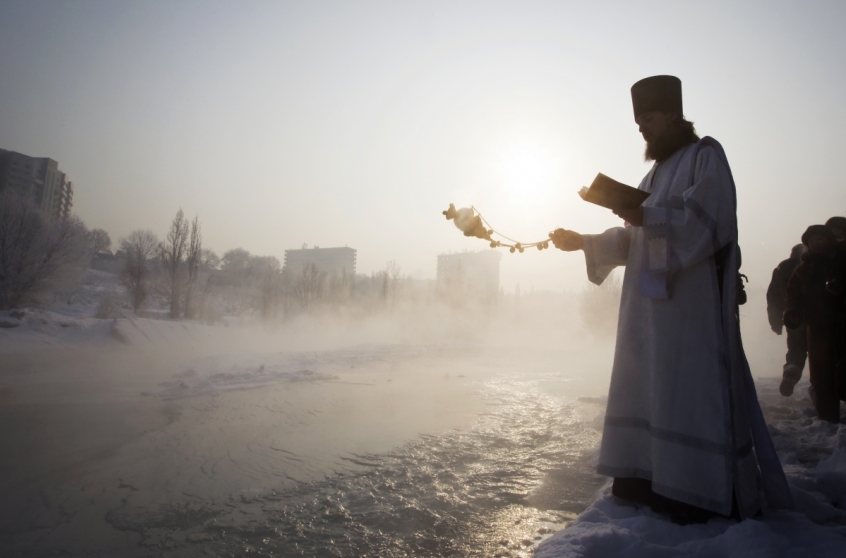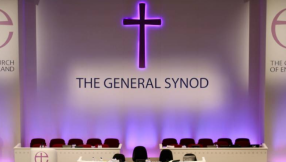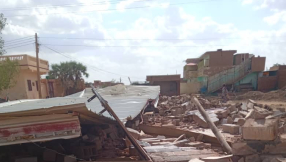Christians, Muslims and Jehovah's Witnesses have been subject to increasingly punitive restrictions on religious freedom in Kazakhstan, with the European Evangelical Alliance warning that the state is redoubling its crackdown on 'unauthorised' faith, prompting 'extreme concern' amongst religious locals.
In 2017 the Kazakh state reportedly made 279 prosecutions targeting religious groups for crimes such as meeting for worship, sharing or importing religious literature in person or online, and praying in private settings.
New amendments to Kazakh law are expected to only expand current restrictions, effectively barring any expression of religion not aligned with officially state-approved religious guidelines, according to Forum 18. This includes, for example, a ban on meeting for religious assembly in private such as for Bible study groups.

The European Evangelical Alliance (EEA) has warned of the religious freedom threat, saying locals were 'extremely concerned' about the effect of the Amending Law, a draft of which was completed in November 2017 and is expected to be approved by Prime Minister Bakytzhan Sagintayev 'soon' where it would proceed to the lower house of Kakhstan's Parliament, the Majilis. The EEA warned that the legislative process in the country can be worryingly swift. The restrictive 2011 Religion Law, which the Amending Law would update, was singed into law by the president just over a month after being introduced to parliament.
An extensive report by Forum 18, published yesterday, outlines the kinds of prosecutions and punishments served in 2017 against religious groups. In nine cases, the Kazakh courts religious literature to be destroyed, including a copy of the Islamic holy text the Koran. Muslims were also targeted in 22 cases that saw individuals punished for praying in Mosques not approved by the state. The EEA said that the state-backed Hanafi Sunni Board espouses specific and stringent guidelines on Islamic worship, providing a 'de facto monopoly on all Muslim activity'.
The 2011 law already banned 'missionary activity', outlawing discussion of faith without state permission, or using non state-approved texts. Amendments would further ban the 'spread' of unauthorised religious belief. Only two religious groups have nationwide religious recognition: the aforementioned Muslim board and the Metropolitan Region of the Russian Orthodox Church. Other religious groups who do not re-register under the new laws and adjust their practices accordingly will face 'liquidation', the EEA said.
Forum 18 warned that the number of prosecutions was growing: in 2013 159 administrative punishments were handed out to religious groups or individuals, compared to 2017's 258.













